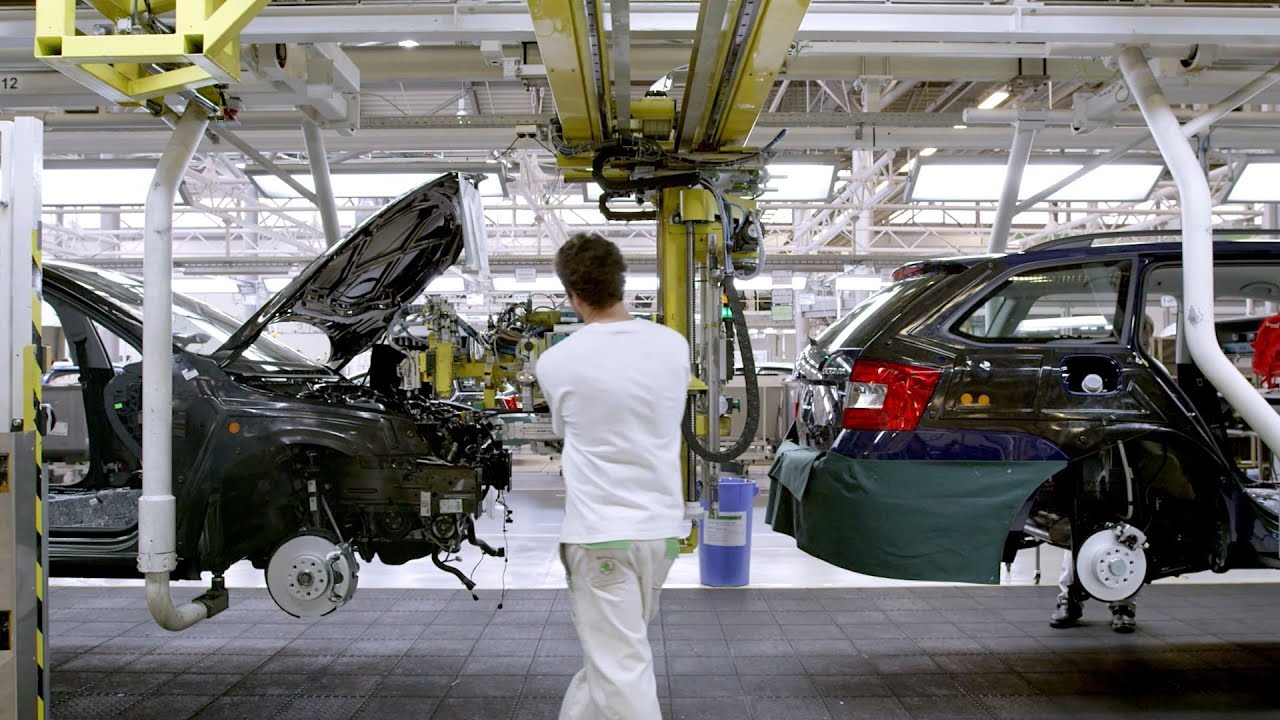Almost 9 million fewer vehicles will be produced in 2021 due to the global shortage of semiconductors, according to a study by the Boston Consulting Group (BCG).
In the first quarter of 2021, the production losses of global automakers amounted to approximately 1.4 million units, Kallanish notes. Production fell the most in Europe by 428,990 vehicles, China by 364,774 and North America by 354,442 vehicles.
In the second quarter, production fell by another 2.6m units, with the most in North America – 866,924 units, Europe – 743,100 and China – 419,600.
The most significant losses of production in the first half of this year were suffered by automakers Ford with a drop of more than 700,000 vehicles, Stellantis with almost 600,000 units and Renault Nissan-Mitsubishi, with a drop of more than 415,000.
In the third and fourth quarters the fall will be from another 3-5m units, BCG observes.
“The shortage of chips in the global market arose as a result of the Covid-19 pandemic of a new type,” the consulting group says. “This provoked a significant increase in demand for household computers and intelligent medical equipment against the background of forced quarantine closures of car factories around the world and a drop in demand from automakers.”
The lifting of restrictions and the rapid recovery of production in the automotive industry coincided with the reorientation of chip manufacturers to consumer electronics and there was a shortage, according to BCG. “Shipments of chips are gradually resuming, but the pandemic continues to make its own adjustments.”
“A more active recovery in production in the third quarter is not due to the outbreak of the delta strain. We expect the supply of microchips to reach a level where it will be able to meet the demand of the industry, no earlier than the second half of 2022, ” claims BCG’s chairman in Russia and CIS Vladislav Butenko.
Svetoslav Abrossimov Bulgaria






